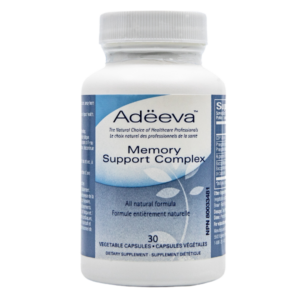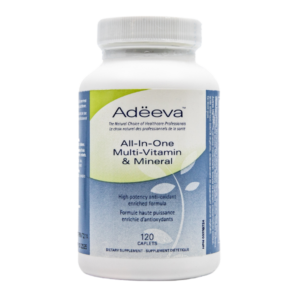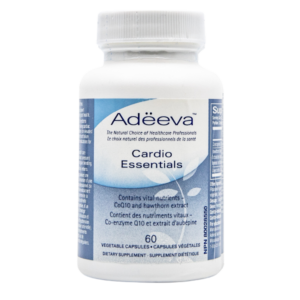
Source: FDA News Release (May 16, 2025)
Source: Drugs.com (2022)
Lifestyle Medicine Update (July 15, 2025)
We have known for some time that changes occur in the brain as much as 20 years prior to the occurrence of Alzheimer’s disease symptoms. Studies also show that there are ways to prevent these changes from occurring in many cases, and even reverse them, if brain changes are detected in the early stages. Functional MRI scans of the brain are one way to detect these changes, but in May 2025 the US FDA approved the first ever simple blood test for early detection of Alzheimer’s brain changes. The blood test is called the Lumipulse Gp Tau217/Beta-Amyloid 1-42 Plasma Ratio. The blood test essentially indicates if your brain is building up abnormal tau protein, which leads to neurofibrillary tangles, and it measures the amount of beta-amyloid protein. Neurofibrillary tangles and beta-amyloid plaque build-up are two major hallmark features of Alzheimer’s disease. So, this simple blood test enables doctors to identify at-risk individuals many years before the onset of symptoms and/or helps to confirm the diagnosis of Alzheimer’s disease in those who already have symptoms.
This blood test should be viewed as a gold-standard, non-invasive procedure that every adult 55 years and older should undertake for the sake of prevention, in my view. Based on the results of the blood test it helps practitioners like me decide how aggressive a patient needs to be in order to ward off Alzheimer’s disease regarding targeted nutrition, exercise and dietary supplementation practices – all of which have been shown to help prevent and reverse the build-up of neurofibrillary tangles and beta-amyloid plaque and reverse early stage dementias, as reported in human clinical studies. As the FDA Commissioner Dr. Martin Makary commented,” Alzheimer’s disease impacts too many people, more than breast and prostate cancer combined.” He went on to say, “Knowing that 10% of people aged 65 and older have Alzheimer’s, and that by 2050 that number is expected to double, I am hopeful that new medical products such as this one will help patients.”
For people with diagnosed Alzheimer’s disease PET scans and newly approved infusion drugs can be used to better view brain changes and help to remove some beta-amyloid plaque. These imaging tests and monoclonal antibody drugs are also approved by the FDA and financial coverage is available with specific conditions. But for people 55 and older, who do not yet have symptoms of dementia, this new blood test is a game changer in terms of assessing future risk of Alzheimer’s disease. And with the plethora of nutritional and lifestyle medicine research that has been published in recent years, we now know how best to combat and reverse brain changes leading to dementia and Alzheimer’s disease. So, the bottom line is to be proactive.
So, how do you get access to testing and counselling?
In North America, the pharmaceutical company Algernon Pharmaceuticals (who acquired NoBrainer Imaging Centers Inc in 2025) is planning to offer this new Alzheimer’s blood test and a host of follow-up services, including personalized nutritional and lifestyle counselling, to adults 55 and older by the third quarter of 2025. Services also include access to brain PET scans where indicated, as well drug therapies for Alzheimer’s disease and related Alzheimer’s detection and intervention solutions. So, keep your eye on Algernon Pharmaceuticals, who are getting set to open a number of Alzheimer’s Prevention and Treatment Clinics throughout North America, and who will provide every day consumers with access to remote genetic and blood testing access for Alzheimer’s disease as well as internet-based, and in-person nutritional and lifestyle counselling that is personalized to the patient’s risk profile. This approach will help to prevent many cases of Alzheimer’s disease in my view. It’s an exciting and very timely, much needed service.
I have provided the reference for the FDA announcement and some related documents in the text below.
References:
FDA Clears First Blood Test Used in Diagnosing Alzheimer’s Disease. FDA News Release (May 16, 2025) https://www.fda.gov/news-events/press-announcements/fda-clears-first-blood-test-used-diagnosing-alzheimers-disease
Algernon Pharmaceuticals to Launch Alzheimer’s-Focused Imaging Center Chain in the U.S. https://appliedradiology.com/articles/algernon-pharmaceuticals-to-launch-alzheimer-s-focused-imaging-center-chain-in-the-u-s
Algernon Pharmaceuticals Announcement: https://www.algernonpharmaceuticals.com/news-media/news-releases/detail/219/algernon-closes-nobrainer-imaging-centers-inc-acquisition
Eat Smart, Live Well, Look Great,
Dr. Meschino
Recommended Supplements

Dr. James Meschino
ABOUT THE AUTHOR
Dr. James Meschino, DC, MS, ROHP, is an educator, author, and researcher having lectured to thousands of healthcare professionals across North America. He holds a Master’s Degree in Science with specialties in human nutrition and biology and is recognized as an expert in the field of nutrition, anti-aging, fitness, and wellness as well as the author of numerous books.














